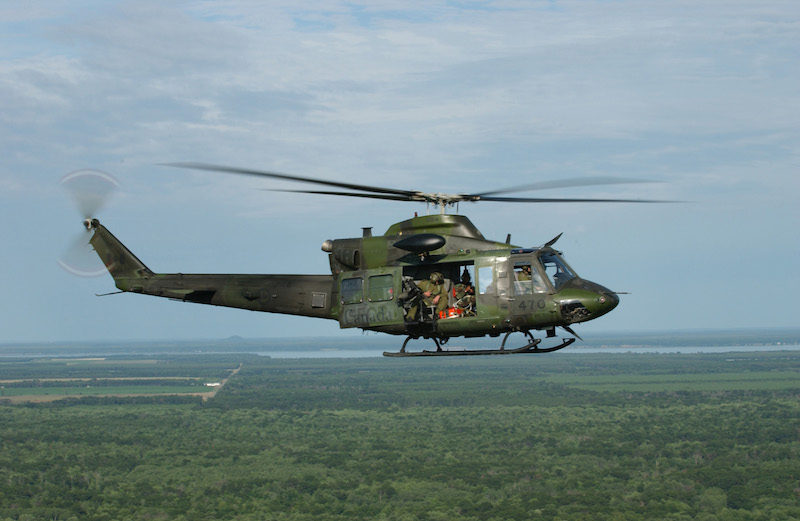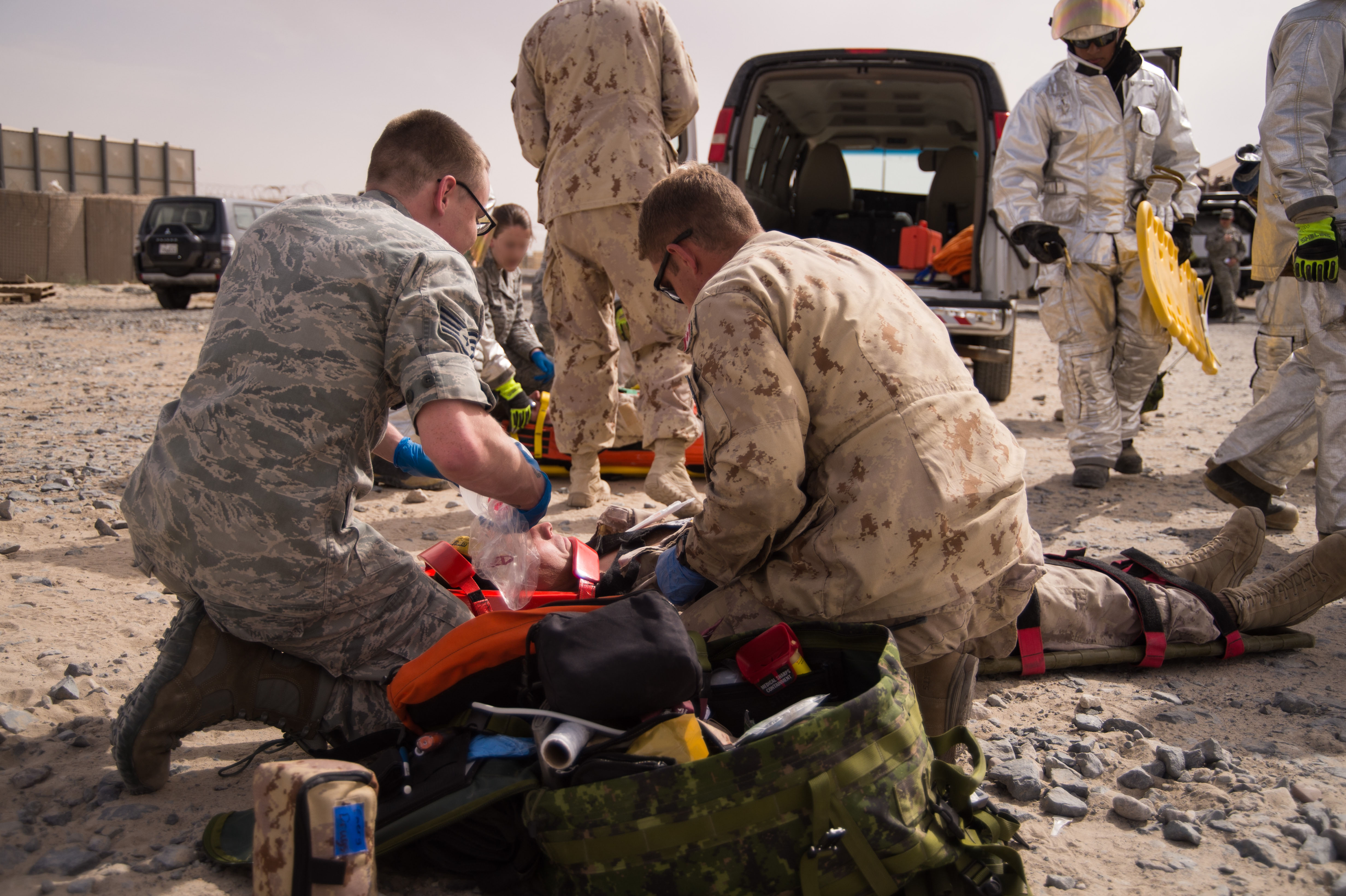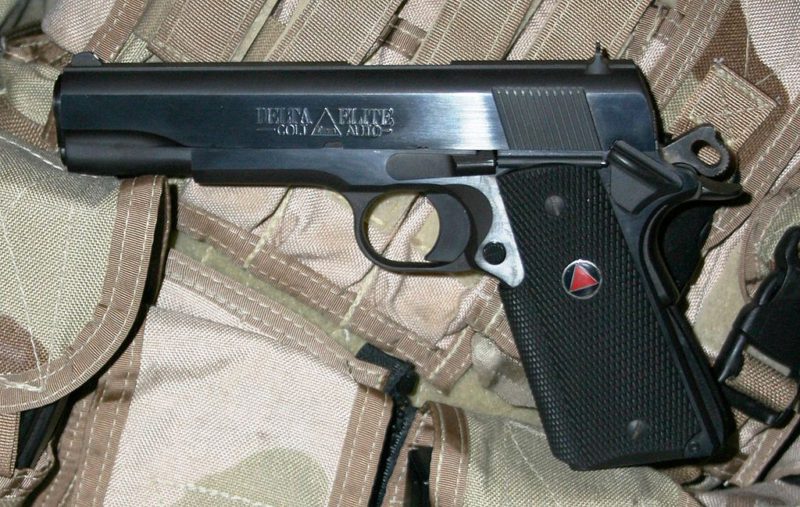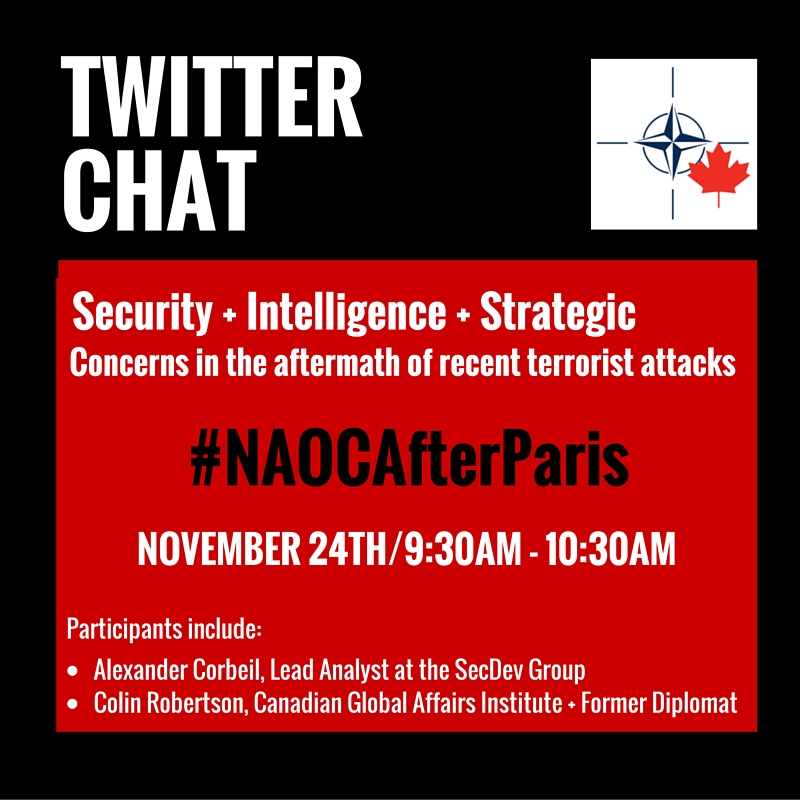Mali, a West African country rich in cultural treasures and historical significance, is currently suffering the effects of a years-long insurgency. The insurgents belong to various groups, including Ansar Dine and al-Qaeda in the Islamic Maghreb, who all have complex relationships with each other. These groups sometimes act in loose alliances, and sometimes fight amongst themselves. Other actors in the combat environment include NGOs, civilians, Malian government troops, other UN member troops, and French troops under the independent Operation Barkhane.
As my NAOC colleagues discussed last year when the Canadian government was considering a mission to Mali, the operational environment is very complex and dangerous. It is still the most deadly peacekeeping mission in the world, with 169 MINUSMA member deaths. While one could argue that “peacekeeping” is not the right term for an operation that is taking place in an active war zone, the fact remains that Canadian personnel are now on the ground. But who exactly is there, and what are they doing?
The first CAF members for Operation Presence arrived in Mali on June 24 as part of the set-up team, known officially as a “theatre activation team”, preparing for the year-long mission. The first helicopters arrived on July 15, and the mission is expected to be fully functioning by the middle of August. At full capacity, the task force will have around 250 personnel and eight helicopters, three Chinook and five Griffon helicopters which will evacuate wounded UN personnel and assist with logistics, supply, and troop movements. This mission is therefore not a combat mission for our forces, and not a training mission like Operations Unifier and Naberius, but rather a logistical support mission more like Operation Frequence. Despite this, Canadian Armed Forces members are still in danger by simply being in Mali in support of MINUSMA. Indeed, a particularly devastating attack in April, in which insurgents dressed as peacekeepers attacked UN bases in Timbuktu, left many casualties. The task force itself is based in the North-Eastern city of Gao, which also hosts French troops, and was the site of an attack targeting a joint French-Malian patrol on July 1 which left four civilians dead and dozens wounded.
The official beginning of this Canadian mission, which was confirmed years ago, has serendipitous timing as Trump criticizes NATO allies for not spending enough on defence. From the standpoint of international security, the Mali mission is also critical. While Firle Davies and Alastair Leithead from the BBC claim that “the Sahara is terror’s new frontline”, this designation should apply to the Sahel transition region as well. As ISIS gets pushed out of Syria and Iraq, and weapons continue to pour into the region from Libya, the situation is set to remain unstable. Perhaps Canada’s presence, in its own small way, can support stability and peace in this war-weary region of the world.
Griffon Helicopter (2006), by MSG Robert A. Whitehead via Wikimedia Commons. Public Domain.
Disclaimer: Any views or opinions expressed in articles are solely those of the
authors and do not necessarily represent the views of the NATO Association of
Canada.




